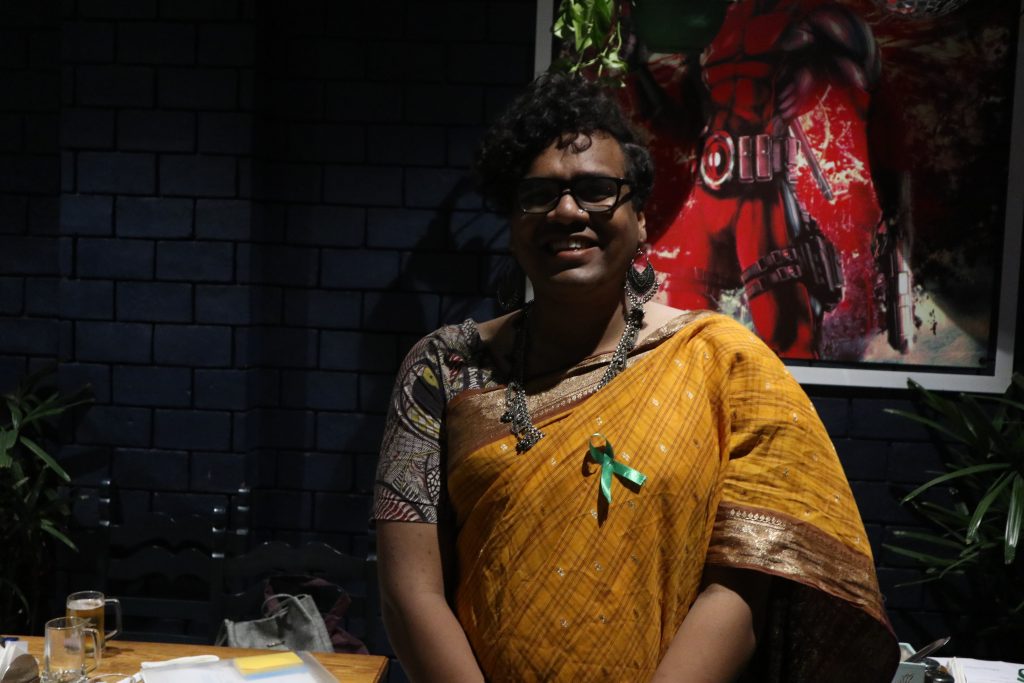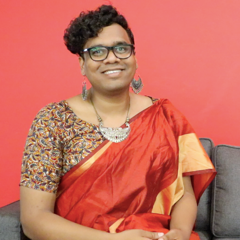Navigating spaces as a trans-woman in India.
By Sai Borouthu:
As a Bahujan Transwoman who has not belonged anywhere for the better half of my childhood, there has always been an unending desire to be able to call a place of brick and mortar my home. A home for me means a place where I can be myself, and where I can create a safe space for me and my loved ones. For a community that has been historically denied access to have such a basic need in life fulfilled, the present doesn’t add much promise either. This is my experience of searching for a house in major, supposedly metropolitan cities in India.
At any given point of time when I decide on accessing a service including healthcare, public transport, employment or accommodation, I have two options that I contemplate. Firstly, I could hide my identity and present myself in the most conforming manner possible. Secondly, to be unapologetically myself and search for people and institutions that would provide services to me without judgment. Both of these are laden with undercurrents of violence, where hiding who I am would subject me to the continuous anxiety of being discovered while being myself would upfront deny me these services I need.
Negotiating these spaces, and the allied struggles has largely defined my experiences. However, I have come to believe that no one deserves to shun their authentic selves in order to access basic services, as shame and fear is intrinsic to hiding.

Searching for houses in Urban India
The most devastating rejections while searching for a house, in my opinion, are the ones that happen within the first five minutes of interacting with either the home owner or the broker. These rejections leave me perplexed, because I feel reduced to my immediate identities which are subsequently associated with disgust and repulsion. Among students and young professionals, one of the most convenient way of finding accommodation is through online forums that offer brokerage free houses, which can be shared by a group of people. This involves interactions not just with the house owners, but also with people who are convinced to share this space with me.
The ubiquitous norm in this regard has been that “Men/Boys” can stay together, and “Woman/Girls” can stay together. One overarching emotion during this entire process is alienation, a sense of not belonging to any space. I could assert at this point that this is unacceptable and needs to change, but I have realised most people are already aware of this assertion. The difference between a good intention and a good deed, is the intent to act.
A house, as I briefed earlier, means a lot more to me than just the comforts or the need for a roof over my head. In the one year that I have been able to negotiate to keep a house in Delhi, I have realised wonderful things about what these homes could mean. Queer individuals, from various walks of life, leave natal families in search of love, acceptance and safety.
Having been in this place myself not very long ago, it has been my greatest joy to have been able to host a few people who were in need of a home. Beyond all the prejudice and assumptions of what a queer person might want or go through, the need to be safe and have a place to heal is universal and basic. This common need, when recognised above the noise that prejudice causes, might be one of the hopes.
The problem is not that of inclusivity, or the need to be inclusive now. What we must focus on as people, communities and a country is our exclusivity. A minute and critical re-evaluation of the spaces which we make exclusive and the reasons why. The justification you use for any of the exclusivities you would like to hold on to, may also any day be functionally applicable to any of the communities you do not wish to exclude.
